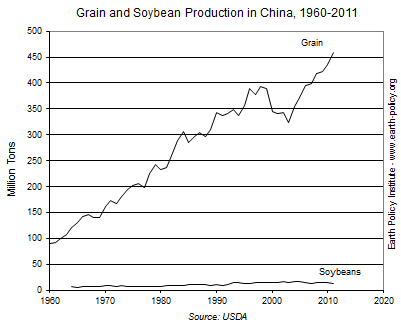I agree that we are talking about two different things, but I can't fathom what you are proposing in anything resembling concrete terms.
I look at this: "... we should fight if it comes to that ...", and try to understand it as a strategic plan:
1. "we" - based on your posts here: "we" = the US unilaterally, even if no other state supports us. That is correct, isn't it ?
2. "fight" - how hard ? - a shot over the bow of the first Chinese ship or more; how far would you be willing to go to protect world trade from devastating injury (as you allege; and I do not concede) "if they were able to pull it off" (see #3).
3. "if it comes to that" and "if they were able to pull it off" suggests to me a Chinese fleet and landing force sufficient to seize some rocks (that seems to be the game as previously played in the SCS). Am I roughly correct as to your meaning? In any case, when do we hit them and with what ? (back to #2).
To be frank, your message seems much like President Obama talking about red lines re: Syria and the gas attacks, without him having thought through what he
could do if the red line were crossed.
For example, have you considered the fact that two nuclear powers would be squaring off - in an extremely asymmetric nuclear weapons balance, where one party (probably the stronger nuclear power) would be tempted to climb the "escalation ladder" - a Herman Kahn redux (
in 29 pages):
Kahn,
On Thermonuclear War (1960), pp. 144.
More probable than an immediate nuclear "escalation ladder" would be inclusion of Taiwan in the theater of operations. That would open up all sorts of possible choices in "fights" - as to which, the wargaming is no slam dunk for the US; and where the effects on world trade could be quite disruptive. There are lots of studies on Taiwan.
FAS 2013 World Nuclear Forces.pdf is attached. For more detail on Chinese nukes, see
Chinese nuclear forces, 2011.
Regards
Mike














Bookmarks